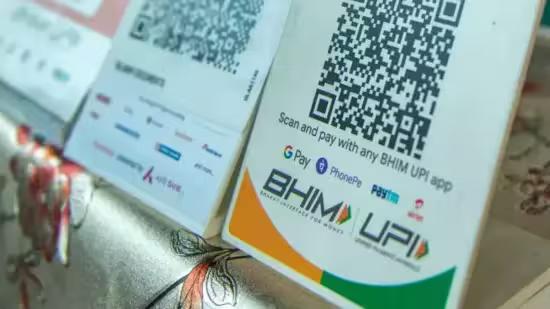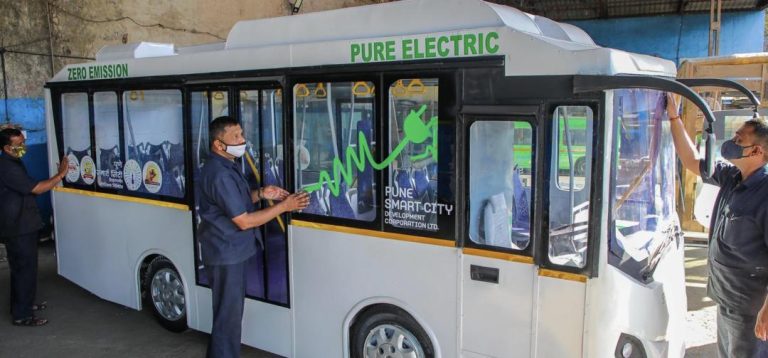
Trinidad & Tobago becomes the first Caribbean nation to adopt UPI
In a significant development, Trinidad and Tobago has become the first Caribbean country to adopt the Unified Payments Interface (UPI), India’s flagship digital payment platform. This milestone was achieved during Prime Minister Narendra Modi’s two-day official visit to the Caribbean nation. The adoption of UPI is a testament to the growing partnership between India and Trinidad and Tobago, with both countries agreeing to explore further collaboration in the implementation of India Stack solutions.
UPI, developed by the National Payments Corporation of India (NPCI), is a revolutionary digital payment system that enables users to send and receive money using a unique identifier, such as a mobile number or a QR code. With UPI, users can make transactions across different bank accounts, without the need for physical cards or cash. The platform has been a game-changer in India, with over 1 billion transactions taking place every month.
The adoption of UPI by Trinidad and Tobago is a significant milestone, not just for the Caribbean nation, but also for the global digital payment industry. It marks the first time that a Caribbean country has adopted UPI, and it highlights the growing demand for digital payment solutions in the region.
During Prime Minister Modi’s visit, Trinidad and Tobago’s Prime Minister, Keith Rowley, and other government officials met with Indian dignitaries to discuss the potential for further collaboration between the two countries. The two governments agreed to explore the implementation of other India Stack solutions, including DigiLocker, e-Sign, and Government e-Marketplace (GeM).
DigiLocker is a digital locker service that allows users to store and retrieve digital documents, such as driving licenses, vehicle registrations, and other important documents. e-Sign is a digital signature solution that enables users to sign documents electronically, making it a secure and convenient way to conduct transactions. GeM is an e-marketplace platform that allows government departments and public sector undertakings to procure goods and services from a single platform.
The adoption of UPI by Trinidad and Tobago is expected to have a significant impact on the country’s digital payment landscape. With UPI, users will be able to make transactions seamlessly, without the need for physical cards or cash. This will make it easier for people to conduct transactions, particularly in rural areas where access to traditional payment methods may be limited.
Moreover, the adoption of UPI will also promote financial inclusion in Trinidad and Tobago. By providing a digital payment platform, UPI will enable more people to access financial services, particularly those who may not have had access to traditional banking services.
The adoption of UPI by Trinidad and Tobago is also expected to have a positive impact on the country’s economy. By promoting digital payments, UPI will reduce the need for cash transactions, making it easier to track and monitor transactions. This will help to reduce corruption and increase transparency in transactions.
In addition, the adoption of UPI will also create new business opportunities in Trinidad and Tobago. With UPI, businesses will be able to accept digital payments, making it easier to conduct transactions with customers. This will also promote the growth of e-commerce in the country, as more businesses will be able to accept digital payments.
In conclusion, the adoption of UPI by Trinidad and Tobago is a significant milestone in the country’s digital payment landscape. It marks the first time that a Caribbean country has adopted UPI, and it highlights the growing demand for digital payment solutions in the region. With UPI, Trinidad and Tobago will be able to promote financial inclusion, reduce corruption, and create new business opportunities. As the two countries continue to explore further collaboration in the implementation of India Stack solutions, it will be exciting to see the impact that UPI will have on the Caribbean nation.
Source:






